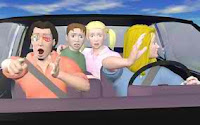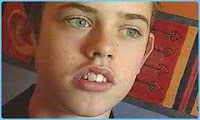Best and Worst Jobs for Aspergers Adults

Approximately 80% of grown-ups with Aspergers and High Functioning Autism (HFA) do not have full-time jobs – not because they can’t do the work, but because they often have difficulty being socially acceptable while they get the work done. Bad Jobs for Individuals with Aspergers— Air traffic controller -- Information overload Airline ticket agent -- Deal with mad individuals when flights are cancelled Cashier -- making change quickly puts too much demand on short-term working memory Casino dealer -- Too many things to keep track of Futures market trader -- Totally impossible Receptionist and telephone operator -- Would have problems when the switch board got busy Short order cook -- Have to keep track of many orders and cook many different things at the same time Taking oral dictation -- Difficult due to auditory processing problems Taxi dispatcher -- Too many things to keep track of Waitress -- Especially difficult if have to keep track of many different tables





